- Учителю
- Розробка уроку з англійської мови на тему 'Спорт' (10 клас)
Розробка уроку з англійської мови на тему 'Спорт' (10 клас)

















































 Topic: Do you like sports?
Topic: Do you like sports?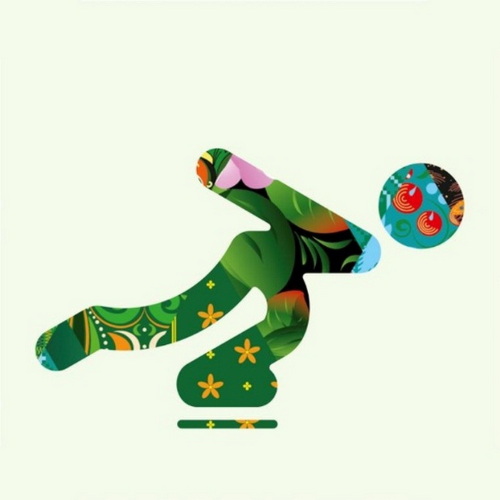
Objectives:
-
activate vocabulary 'Sports and games' and practice it;
-
to improve students' reading, writing, listening and speaking skills ;
-
to motivate them in expressing their own opinion on the topic;
-
develop attention, memory and linguistic guess;
-
enrich pupils' outlook;
-
bring up positive attitude to sport.
Equipment: Power Point presentation, video, text for reading, handouts.
PROCEDURE
I. Introduction.
Warming up.
T: I'm sure there are a lot of things which are necessary for our life: food, money, house… We cannot live without food. What is the most important thing to every person?
Ps: Health
T: You are right. As you know health is very important to all people. If we want to be healthy we must go in for sport. Sport is health. Health is a good state. A good state is a good mood. A good mood is happiness, beauty, love, friendship.
Aim
T: Today we are going to speak about the role of sport in our life. By the end of the lesson you will be able to speak about your favourite kind of sport.
II. Main part.
1. Vocabulary work.
Ex. 1 Answer the questions:
a) Is sport popular in Ukraine?
b) Do you go in for sport?
c) What kind of sport do you go in for?
d) What kinds of summer sports do you know?
e) What kinds of winter sports do you know?
f) Can you ski ( skate) ?
g) Are you good at swimming?
h) Are you a football fan?
i) What is your favourite team?
j) Do you often go cycling?
k) What is the most dangerous ( useful, exciting) kind of sport? (To my mind, in my opinion, I think….)

Ex. 2 Make a list of as many sports and leisure activities as you can think of. Use the pictures to help you. (Slide 2)
Ex. 3 Choose some of the sports or leisure activities from your list and complete the chart. Use a dictionary to look up any new words that you need. (Slide 3)
Sport / Activity
People
Place
Equipment and clothes
go snowboarding
snowboarder
ski resort / dry ski slope
snowboard / boots / helmet / goggles / waterproof jacket and trousers
Ex. 3 T: Sport is probably as old as humanity itself. All over the world people of different ages are very fond of sports and games. Why should people go in for sport?
Complete the word map. (Slide 4)
People should go in for sport because they want…
2. Reading.
a) Pre - reading.
Match the pictures with the sports: rafting, skydiving, scuba-diving, rock-climbing, paragliding. (Slide 5)
How is the title related to these pictures?
What other extreme sports can you think of?
E
A
D
B
CPanic is Rare 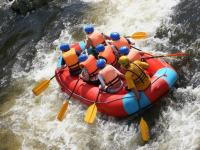
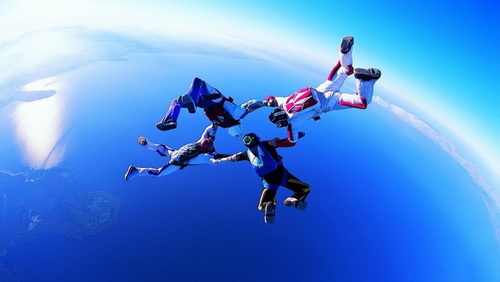
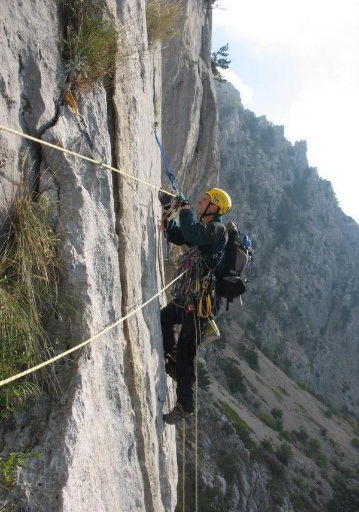
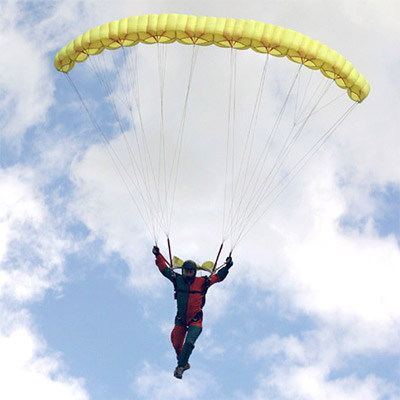
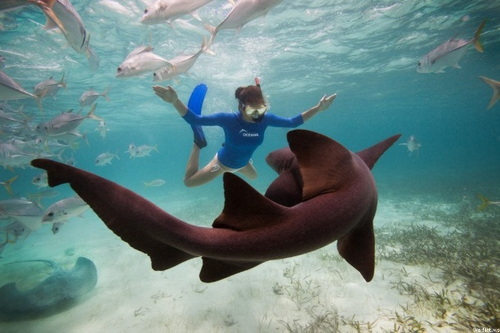
Read this magazine article about extreme sports. Choose the most suitable heading from the list A - D, for each part (1 -4).
-
Hidden adventurers
-
Positive fear
-
Thrilling free - time activities
-
Risky rewards
Imagine this scene: a woman inside a cage in the sea, with sharks all around her. Wouldn't you expect the woman to feel terrified? Not Gill Williams she finds such experiences absolutely thrilling. Gill is an extreme sportswoman - an adventurer who takes sport to its most dangerous limits.
"I love scary animals." says Gill. "I love being near them and touching them. Great white sharks come and attack the bars of the cage. I touch them, but I don't let them bite me!' There are more people like Gill than you might think. They leave their offices and businesses to spend their free time doing extremely dangerous things Some of them fly jets across deserts or go diving in unexplored caves, while others explore African rivers. All of them want to experience something more than their normal lives can offer. They want adventure.
Bob Card is a skydiving trainer. He teaches people to leap out of aeroplanes and let themselves fall through the air without opening then parachutes until the very last minute.
"I believe there is an adventurer inside every one of us," he says. "It doesn't matter how old or strong you are. The adventurer is there - it's just hidden away somewhere If you find that spirit, your life will take on new meaning
One advantage of doing extreme sports to satisfy your need for adventure is that you can completely forget about your everyday problems. As Bob says: "You can t be concerned about business phone calls or examination results when you're jumping out of a plane "
How much danger can a person take? According to Sandra Quiggen. panic is rare, even when you come face to face with a bad-tempered hippopotamus on the Zambezi River. "You get scared," she says. "Those hippos have big teeth But a little fear makes the brain work faster, as long as you don't let it turn into panic
There is an element of risk in all extreme sports If you don t do things right, you are asking for trouble." says Card. But training and proper equipment help to make these sports safer. The difference between extreme sport and ' normal'' sport is that, although there are organised competitions for these sports, most extreme sports people are more interested in testing their own abilities than in winning prizes. In fact, most of them would agree with mountaineer Sir Edmund Hilary's reply when asked why he wanted to climb Everest "Because it's there '
1
2
4
"I believe there is an adventurer inside every one of us," he says. "It doesn't matter how old or strong you are. The adventurer is there - it's just hidden away somewhere If you find that spirit, your life will take on new meaning."
One advantage of doing extreme sports to satisfy your need for adventure is that you can completely forget about your everyday problems. As Bob says: "You
can't be concerned about business phone calls or examination results when you're jumping out of a plane."
How much danger can a person take? According to Sandra Quiggen, panic is rare, even when you come face to face with a bad-tempered hippopotamus on the Zambezi River. "You get scared," she says. "Those hippos have big teeth. But a little fear makes the brain work faster, as long as you don't let it turn into panic."
There is an element of risk in all extreme sports." If you don't do things right, you are asking for trouble." says Card. But training and proper equipment help to make these sports safer. The difference between extreme sport and ' normal'' sport is that, although there are organised competitions for these sports, most extreme sports people are more interested in testing their own abilities than in winning prizes. In fact, most of them would agree with mountaineer Sir Edmund Hilary's reply when asked why he wanted to climb Everest: "Because it's there."
3
c) Post - reading.
Ex. 1 Look at the words in bold in the text and try to explain them, then choose any three and make sentences.
Ex. 2 Match the numbers to the letters. (Slide 7)
-
-
thrilling
-
trainer
-
leap
-
concerned
-
abilities
a worried
b very exciting
c teacher
d jump
e skills
-
Ex. 3 Fill in the correct word(s) from the list below. Use the words only once. (Slide 8)
scary, to ask, to satisfy, face, business, to test, to go, to do, take on,
every day, examination, to win
-
………. for trouble
-
……….. extreme sports
-
………. animals
-
……….. problems
-
……….. to face
-
……….. a prize
-
………. diving
-
………. phone calls
-
your life ……… new meaning
-
……….. their own abilities
-
……….. your need
-
……….. results
Ex. 4 Fill in the correct participle. (Slide 9)
-
turn into:
turn down:
turn on:
turn up:
to change into
to refuse to accept
to switch on
to arrive
-
We waited for hours, but she never turned ……………. .
-
Jenny, could you turn ……………. the light, please?
-
The magician made the bird turn …………… a rabbit.
-
They turned him ……………. for the job because he didn't have the right qualifications.
3. Speaking and listening.
Ex. 1 Look at the photos of three sports people. Can you guess who: (Slide 10, 11)
Toshi, from Japan, is training to be a sumo wrestler.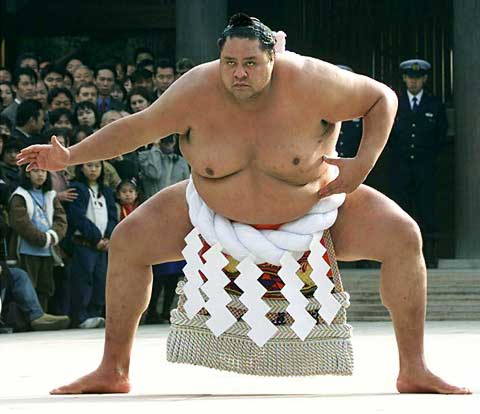
Ania, from Poland, is a champion gymnast.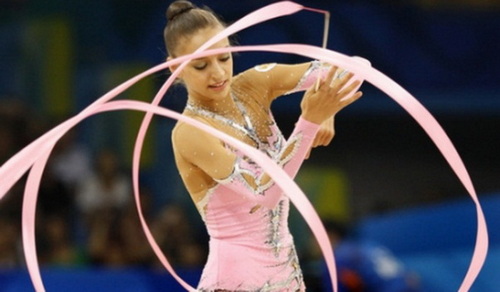
Dan, from Romania, is a professional footballer. He plays for a top Italian club.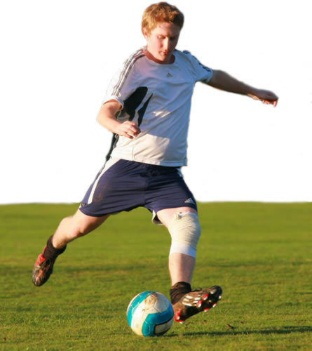
a) has a big lunch (with lots of beer) and then goes to sleep for a few hours?
b) doesn't eat very much?
c) runs 8 km at least four times a week?
d) trains for eight hours every day?
e) usually trains before breakfast?
f) weighs about 40 kg?
g) weighs about 175 kg?
h) is 1.5 m tall?
i) is 1.95 m tall?
j) earns about 50,000 dollars a week?
k) receive money from his/her parents every month?

Ex. 2 Listen and check your answers. Whose life sounds the most difficult? Why? (Slide 12)
Ex. 3 Choose a star. Make notes about the important achievements or events in his/her life, and the dates they happened. Don't worry if you are not exact.
Martina Hingis
Won - US Open; Wimbledon (1997)In pairs, ask and answer questions. Try to guess your partner's star. (Slide 13) 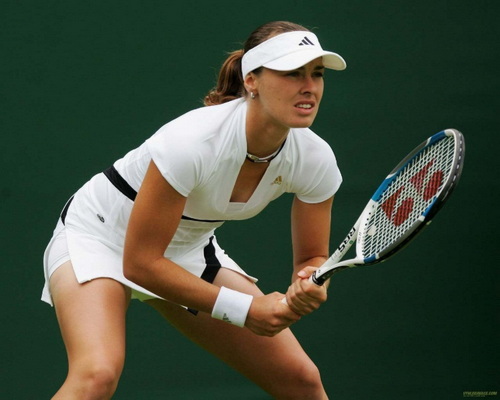
Example:
A: What has your star done in his/her life?
B: She has won lots of major tennis tournaments - like the US Open and Wimbledon.
A: When did she win Wimbledon?
B: I don't know. I think she won it for the first time in 1997.
A: Has she ever won the French Open?
B: No, she hasn't.
A: Is it Venus Williams?
B: No, it's Martina Hingis!
4. Watching the video.
a) Pre-watching.
Look at the photos and answer the questions. (Slide 14)
Which three sports are parts of the triathlon?
What is the order of the sports in the triathlon?
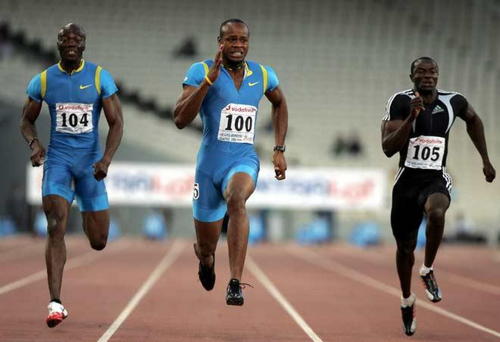
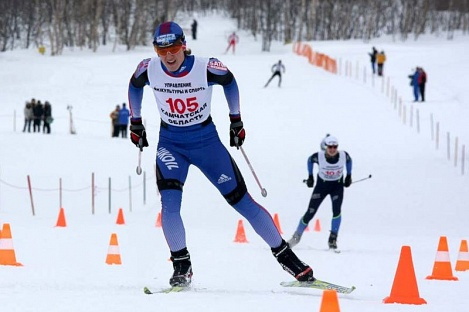
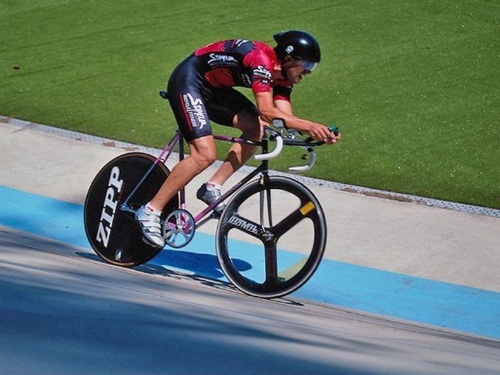
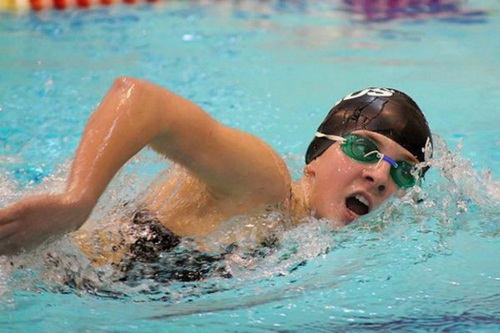
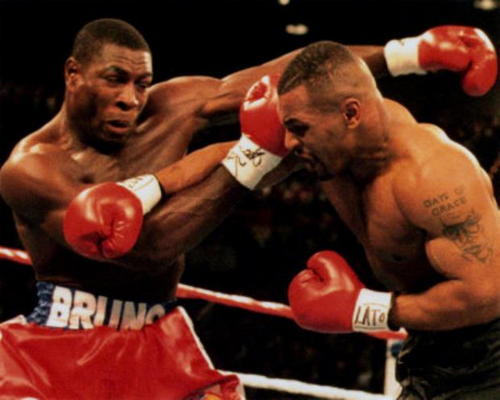
b) While - watching.
You're going to watch a short film about the triathlon. Watch and mark the statements T (True) or F(False). (Slide 15, 16)
1. Simon Lessing has been world champion four times in triathlon.
2. Triathletes have to train really hard every day.
3. As well as swimming, cycling and running, competitors need a regular workout to build up muscle strength and stamina.
4. The Olympic distance for a triathlon is a two mile swim, a twenty five mile bike and a six mile run.
5. Part of the fun of the triathlon is that it combines three very different activities.
6. Simon Thomas is a very good swimmer.
7. The transitions between the different events are very important.
8. Simon is very happy and not tired.
9. The final activity is swimming.
T
F
T
F
T
F
T
F
F
c) Post - watching.
Time to talk. (Slide 17)
What is a triathlon?
Why is the triathlon sometimes dangerous?
Which part of the triathlon would be most difficult for you? Why?
Does the DVD make you want to try triathlon? Why / Why not?
What new sport would you like to try and why?
5. Writing.
Ex. 1 Complete the texts with these words and phrases. (Slide 18)
On the one hand
on the other hand
Firstly
secondly
finally
To conclude,
Many people say that
Because of that
I don't think I want to try horse - riding for various reasons. ………………………… none of my friends do it, …………………………. . I haven't got the right clothes and …………………………. . I'm quite scared of horses!
………... cycling is fun because you can go quite fast but …………… . It's very hard work if you live in the mountains like I do!
…………………… I think everybody can find a sport they like if they keep looking.
…………………… yoga is really good if you're stressed …………………….. I always go to yoga classes when I've got lots of exams at school.
Ex. 2 Describe a sport you like doing. Write three sentences. (Slide 19)
1. Give three reasons why you like the sport.
I like football because it's fun to play, it's good exercise and I play it with my friends.
2. Write a good thing about the sport.
Football is fun, because you're in a team.
3. Write one problem about the sport.
Football is dangerous and you can get injured.
Ex. 3 Do the crossword. (Slide 20)
-
Two teams of eleven people try to win by kicking a ball into the other team's goal.
-
Two or four people hit a small ball over a net.
-
Using flat narrow pieces of wood or plastic to move quickly and easily over snow.
-
Two people hit each other using their arms, legs.
-
Two teams try to carry an oval ball across a particular line or they can kick it.
-
Two teams of five people try to throw a ball in to a basket.
-
People try to reach the top of the mountains.
-
Two teams of six players try to hit a ball over a net.
-
You move on shoes with wheels.
9
8
4
6
5
7
3
2
1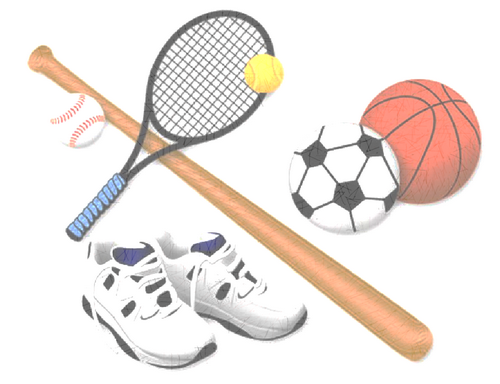
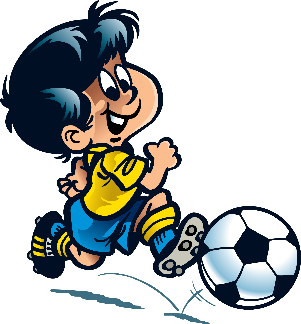
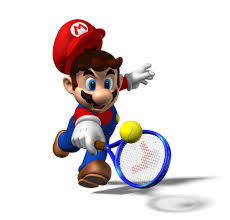
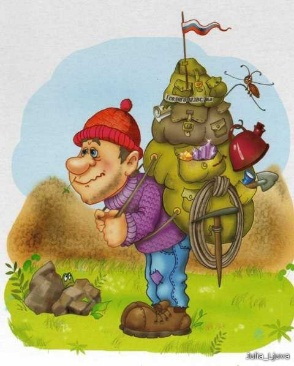
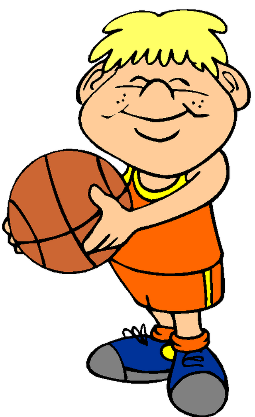

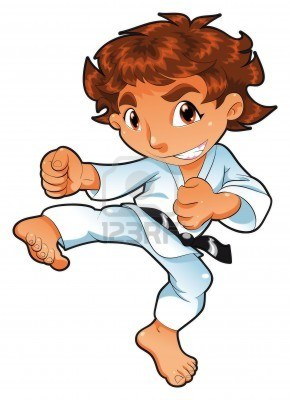

III. Conclusion.
Write a short essay to show advantages of your favourite sport.At today's lesson we have spoken about different kinds of sports, that's why your hometask is to write a composition about your favourite sport. (Slide 22)
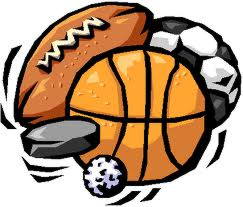
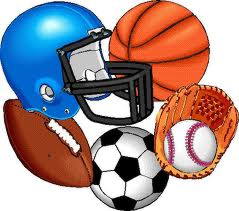
WHAT WE DO IN SPORTS:
Hit
Pass
Kick
Carry
Bounce
Jump
Ride
Dribble
Lift
Throw
Punch
Fight
Slide
Leap
Catch
Head
Badminton Athletes use racket to _______ a feathered ball (a shuttlecock) back and forth across a net.
Baseball: A pitcher ________ a ball and a batter ______the ball with a bat and the player of the opponent team has to _______ the ball.
Basketball: Athletes ______the ball, ______ it to another player and score by __________ it through a netted hoop.
Boxing: Athletes wear special gloves and _______each other.
Cycling: Athletes _______ bicycles.
Diving: Athletes _______ into the water in style.
Fencing: Athletes ________ with blunted swords.
Golf: Athletes ________a small, hard ball with a club into a series of small holes with the fewest possible strokes.
Horseback riding: Athletes ________ a horse over a barrier.
Hurdles: Athletes run and _______ over several frames.
Rugby: Athletes _______, ________ and ________ an oval ball and score by _________the ball over the crossbar of the opponents' goal.
Skating: Athletes _______ over ice with skates.
Skiing: A winter sport in which athletes _______ the snowy mountains.
Soccer/ Football: Athletes ______ and _______ or _______ the ball into the opponents' goal.
Table tennis: Athletes _______ the ball using a bat and a table.
Tennis: Athletes _______ the ball with a racket back and forth over a net.
Volleyball: Athletes ________ and _______ the ball by hand over a high net,
Weightlifting: Athletes __________ heavy weights.